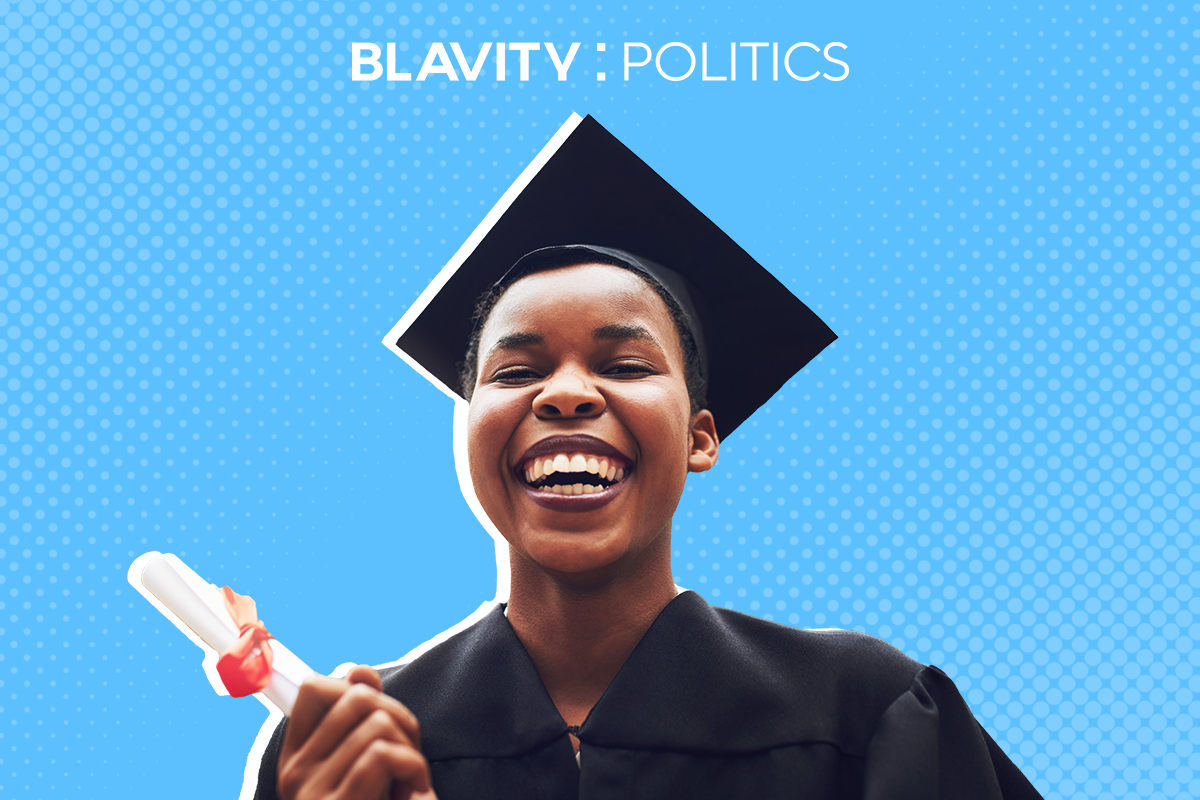Last December, I got to be a part of something really special. I got a chance to deliver the commencement address for Morgan State University’s Class of 2018 graduates. Morgan State is an iconic and shining example of what HBCUs have embodied in this country for more than one hundred years: higher education opportunities that open doors for Black students and cultivate leaders who fight for equality, justice, and opportunity.
HBCUs have made invaluable contributions to the fabric of this nation, but for far too long we have failed these schools and their students. We need to call out the history of discrimination of why that is and honor the role HBCUs have played in our country. And that means really investing in these institutions — the way we should have been for generations. For decades, Black Americans were kept out of higher education because of government-sponsored discrimination. At the same time, the federal government and state governments shoveled money into colleges that served almost exclusively white students. With the financial help of Black churches, communities, and leaders, HBCUs aimed to fill that void and educate generations of Black students, often the first in their families to go to college.
But it’s always been an uphill climb. These institutions have never had the same type of access to public funds like other schools, and the persistent racial wealth gap in our country has meant they don’t have the consistent support of rich alumni who can write big checks for big endowments. HBCUs have always had to do more with less — and as a result, many are in danger of closing or have already shuttered their doors.
We can’t fix this by nibbling around the edges. That’s why I have a plan to invest a minimum of $50 billion in HBCUs and Minority Serving Institutions (MSIs). The Department of Education would have the power to automatically increase that funding as needed to make sure HBCUs can spend the same amount per student as other colleges. Colleges can choose what they want to do with that money — provide free tuition for students, invest in new facilities, hire new faculty, or serve more students.
We’re going to pay for this historical investment with my ultra-millionaire tax, which is a small 2% tax on fortunes over $50 million — affecting just about the 75,000 wealthiest families in America. The ultra-millionaire tax also covers the cost of the rest of my higher education plan, which includes student debt cancellation of up to $50,000 for 42 million Americans, free two-year and four-year public college, and a $100 billion investment in Pell Grants to cover non-tuition costs like room and board. Experts found my debt cancellation plan would help close the racial wealth gap by substantially increasing Black and Latinx wealth.
This proposal also includes some other pieces. It permits private HBCUs and MSIs to opt into the federal free-tuition program available to public colleges. It creates financial incentives for states to improve enrollment and completion rates for lower-income and students of color. It cuts off for-profit colleges from federal money so they can no longer use taxpayer dollars to enrich themselves while preying on lower-income students, service members, and students of color. It requires public colleges to submit an annual equity audit and removes artificial barriers to college by barring colleges from considering an applicant’s citizenship status or criminal history.
We’re facing a crisis and we have only been scratching the surface. Higher education opened a million doors for me. Growing up, I always wanted to be a teacher. But for that, you needed a degree and for a degree, you needed money my family didn’t have. I managed to get a scholarship but then the first boy I ever dated asked me to marry him. I dropped out of college, sewed a wedding gown, and walked down the aisle at nineteen. I took a job answering phones and I thought that was it for my dream of being a teacher. But then I got my second chance with a commuter college that cost $50 a semester that I could afford on a part-time waitressing gig. My daddy ended up as a janitor but I got to be a public school teacher, a law professor, a United States senator, and now a candidate for president.
That kind of chance doesn’t exist right now — and I’m in this fight to create an opportunity for every kid. My plan will address the historical injustices in American education and ensure that opportunities are fairly available to everyone.
